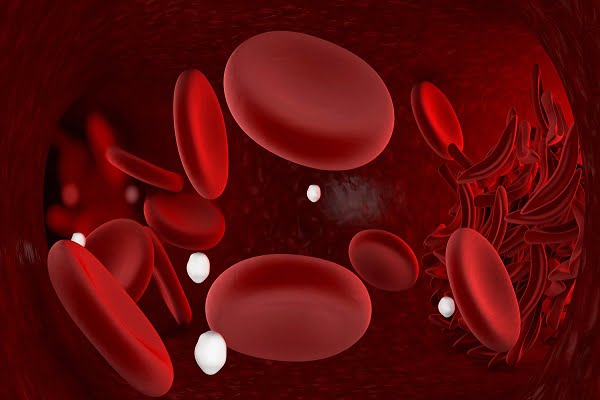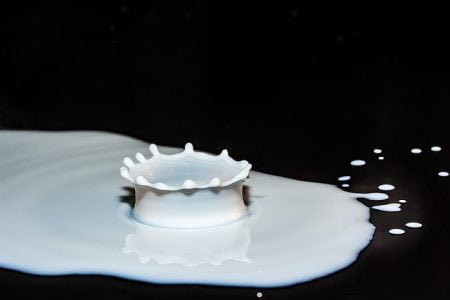Ionized Calcium or Calcium in Blood
- Updated on: Jun 26, 2024
- 2 min Read
- Published on Oct 3, 2019


What is ionized calcium in the blood?
Calcium is one of the most abundant elements found in your body, responsible for making your bones and teeth strong, essential in proper cell function, muscle contraction, nerve signalling and blood clotting.
A healthy adult have approximately 1-1.3 kg of total calcium, out of which 99% is found in bones and remaining 1% can be traced in extracellular fluid.
In what forms does calcium exist in the blood?
Calcium in your blood exists in three distinct forms, which are:
- Calcium bound to organic and inorganic anions, approximately 15%
- Calcium bound to blood protein such as albumin, around 40%
- Free calcium or ionized calcium , 45%
Ionized calcium is the calcium in your body which is free or unbound to serum protein. It is also known as free calcium.
Ionized calcium is biologically active and physiologically usable form of calcium. This is also the form of calcium which regulates the hormones involved in calcium homeostasis such as parathyroid hormone, calcitonin and vitamin D.
Free calcium level decreases in your blood upon an increase in protein binding which can be a result of increase in pH and alkalosis of blood. Acidosis on the other hand increases the free calcium levels.
Free calcium measurement can provide insights if you have kidney disease, parathyroid abnormality, and certain diseases or conditions that may alter your levels of albumin.
Ionized calcium range: What is the normal range of calcium in blood?
Normal range of serum (total) calcium in your body ranges from 8 to 10 mg/dL.
Normal range of ionized calcium is 4 – 5.6 mg/dL. In children, it usually varies between 4.8-5.3 mg/dL whereas in adults it ranges between 4.8-5.6 mg/dL.
Slight variations in these reference values may happen owing to human error and laboratory condition variations.
More: Hypocalcemia (Calcium Deficiency Disease): Causes, Symptoms, Diagnosis, Treatment
What causes ionized calcium to be low?
Lower levels of ionized calcium may be due to:
- Renal failure
- Rickets
- Vitamin D deficiency
- Osteomalacia
- Pancreatitis
- Malabsorbtion of calcium
- Hypoparathyroidism
Other factors in your blood or body which may lead to decrease in ionized calcium levels include:
- albumin level
- pH of blood
- lactate concentration
- phosphate concentration
- bicarbonate concentration
- citrate concentration
- heparin presence or absence in sample
- free fatty acids
More: Calcium Infusion – Calcium Chloride Infusion, Calcium Gluconate Infusion
What causes ionized calcium to be high?
Higher levels of ionized calcium may be due to:
- Hyperthyroidism
- Hyperparathyroidism
- Tumours
- Excess of vitamin A and vitamin D
- Thrombocytosis
- Milk alkali syndrome
- Paget disese












